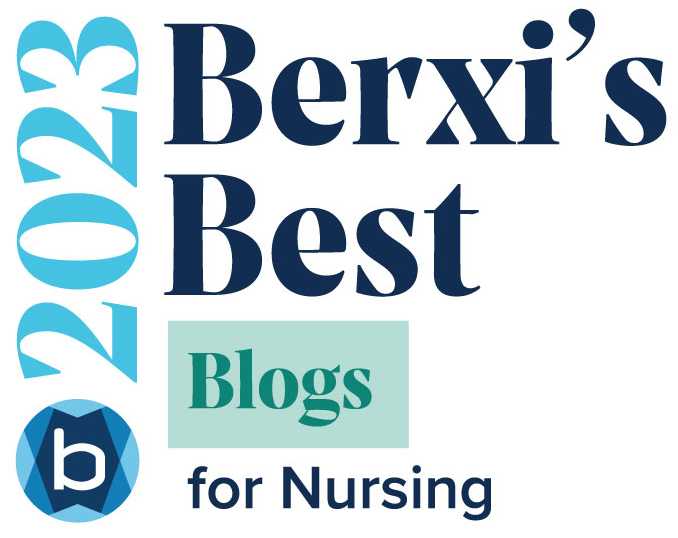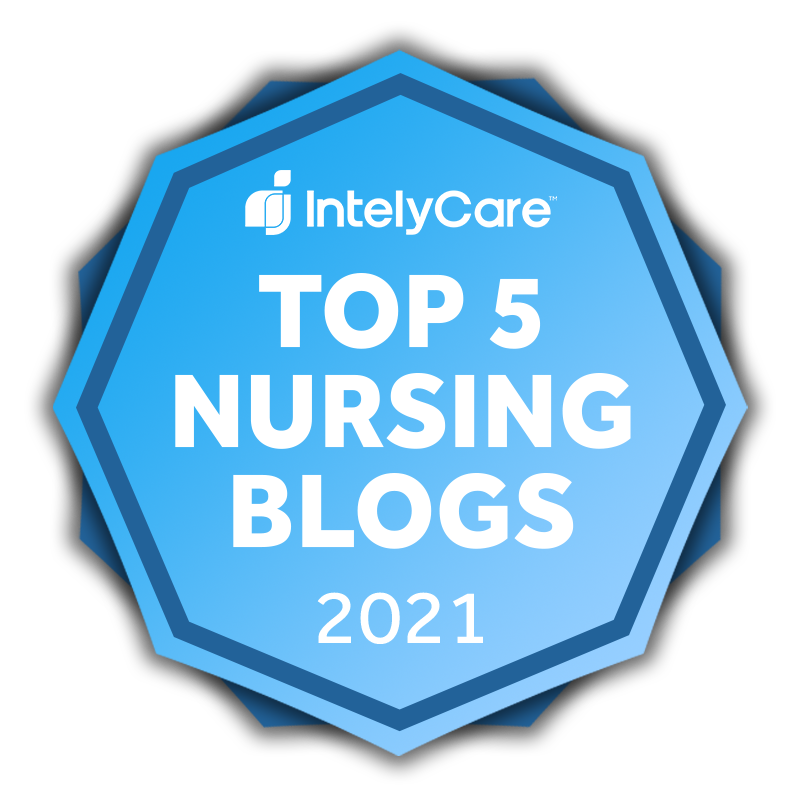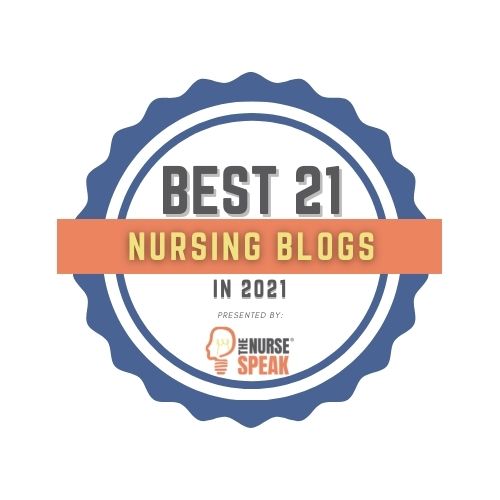
As healthcare systems continue to evolve, the role of Assistant Directors of Nursing (ADONs) becomes increasingly critical in supporting and empowering nursing staff to practice at the highest level of their license. ADONs play a vital role in bridging the gap between nursing staff and administration, facilitating a collaborative environment where nurses can flourish and provide exceptional patient care. Here, we explore some key strategies that ADONs can employ to empower nursing staff:
- Promoting Autonomy: Assistant Directors of Nursing can foster an environment that encourages nurses to exercise their professional judgment and autonomy within the scope of their practice. By providing clear guidelines and protocols, while also allowing flexibility, ADONs empower nurses to make critical decisions and take ownership of their work.
- Continuing Education and Professional Development: ADONs should actively support the ongoing professional development of nursing staff. This includes identifying learning opportunities, facilitating access to conferences and workshops, and encouraging nurses to pursue advanced certifications. By investing in their growth, ADONs enable nurses to expand their skill set, stay updated with the latest healthcare practices, and perform at their highest potential.
- Delegation and Collaboration: ADONs can empower nursing staff by delegating appropriate responsibilities and involving them in decision-making processes. By actively seeking their input, ADONs demonstrate trust and respect for their expertise. Encouraging collaboration between nursing staff and other healthcare professionals promotes a multidisciplinary approach, leading to improved patient outcomes and a sense of professional fulfillment.
Supporting the Administration of the Healthcare Facility
While Assistant Directors of Nursing focus on empowering nursing staff, they must also play a pivotal role in supporting the administration of the healthcare facility. Balancing these responsibilities requires Assistant Directors of Nursing to be effective communicators, problem solvers, and advocates. Here are some ways ADONs can support the administration:
- Effective Communication: ADONs act as a liaison between nursing staff and administration. They must ensure clear and open lines of communication, conveying staff concerns, suggestions, and feedback to the administration. Similarly, ADONs should effectively communicate administrative decisions, policies, and updates to nursing staff, ensuring transparency and understanding.
- Resource Management: ADONs play a crucial role in managing resources efficiently. They collaborate with the administration to develop and implement staffing plans, ensuring appropriate nurse-to-patient ratios and optimal utilization of resources. ADONs also facilitate the acquisition of necessary equipment, supplies, and technology, enabling nursing staff to deliver safe and quality care.
- Compliance and Quality Assurance: ADONs assist in maintaining regulatory compliance by staying updated with local, state, and federal regulations. They work closely with administration to develop policies and procedures that align with these regulations. ADONs also oversee quality improvement initiatives, monitoring and analyzing data to identify areas for improvement and implementing strategies to enhance patient care outcomes.
Striking a Balance
While Assistant Directors of Nursing aim to empower nursing staff and support the administration, finding the right balance between these two roles can be challenging. However, by adopting a collaborative and holistic approach, ADONs can bridge the gap effectively. Here are a few strategies to strike a balance:
- Building Relationships: ADONs should foster strong relationships with both nursing staff and administration. By actively listening to the concerns and needs of each group, ADONs can mediate conflicts, identify common goals, and facilitate collaboration.
- Flexibility and Adaptability: ADONs must be flexible and adaptable to the evolving needs of both nursing staff and administration. This requires staying informed about industry trends, technological advancements, and changes in healthcare policies. By continuously updating their knowledge and adapting their strategies, ADONs can effectively balance their support for nursing staff and the administration
- Creating a Culture of Trust and Support: Assistant Directors of Nursing should strive to create a culture of trust, support, and mutual respect within the healthcare facility. This involves fostering an environment where nursing staff feel comfortable sharing their ideas, concerns, and challenges without fear of judgment. ADONs can facilitate regular staff meetings, open forums, and one-on-one discussions to encourage open communication and build trust among team members.
- Collaboration and Teamwork: ADONs can promote collaboration and teamwork by encouraging interdisciplinary meetings, where nursing staff, administrators, and other healthcare professionals can come together to discuss patient care, policies, and improvement initiatives. By involving all stakeholders in decision-making processes, ADONs foster a sense of ownership and shared responsibility, leading to better outcomes for both staff and patients
- Performance Recognition and Support: Recognizing and appreciating the efforts of nursing staff is essential for their professional growth and job satisfaction. ADONs can advocate for performance recognition programs, such as awards, bonuses, or opportunities for advancement, to acknowledge the hard work and dedication of nursing staff. Additionally, ADONs should be readily available to provide support, guidance, and mentorship to nursing staff, ensuring their professional development and well-being.
In conclusion, Assistant Directors of Nursing play a crucial role in supporting both nursing staff and the administration of healthcare facilities. By empowering nursing staff to practice at the highest level of their license, ADONs contribute to improved patient care outcomes and professional growth. Simultaneously, ADONs support the administration by facilitating effective communication, resource management, compliance, and quality assurance. Striking a balance between these responsibilities requires strong communication skills, adaptability, and a collaborative mindset. By fostering a culture of trust, promoting teamwork, and recognizing the efforts of nursing staff, Assistant Directors of Nursing can successfully navigate their dual role, ultimately benefiting the entire healthcare organization.
My journey as an Assistant Director of Nursing has been an extremely challenging, yet rewarding one – and I am looking forward to continued opportunities to grow my skills and expertise to further support both the Nursing Team as well as facility administration in providing nothing but excellent care for our patients, residents and community!
Best Wishes!
-Damion













